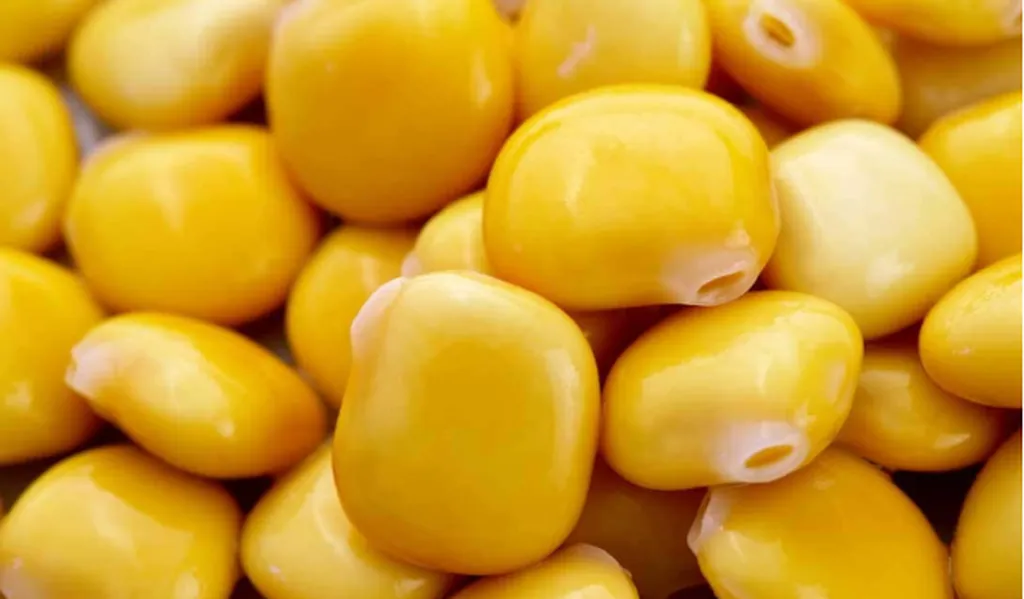In the quest to find sustainable and cost-effective alternatives to traditional fish feed ingredients, researchers have turned their attention to lupin meal. A recent study published in the journal ‘Aquaculture Reports’ (translated from Greek as ‘Reports on Fish Farming’) has shown promising results for the use of processed lupin meal (Lupinus albus) as a replacement for soybean meal in European sea bass (Dicentrarchus labrax) aquafeeds. The research, led by Antigoni Vasilaki from the School of Agricultural Sciences at the University of Thessaly and the Hellenic Centre for Marine Research (HCMR), offers a glimpse into the future of aquaculture feed formulation.
The study evaluated the nutritional value of lupin meal processed with exogenous enzymes and its potential to replace soybean meal in the diets of European sea bass. Six hundred sea bass were divided into 12 tanks and fed four experimental diets containing varying ratios of soybean meal to processed lupin meal. The results were encouraging, with the group fed the Lupin 1 diet (5% soybean meal and 7.5% lupin meal) showing significantly higher final body weight, specific growth rate, and lower feed conversion ratio compared to the control group fed solely on soybean meal.
“The results were quite surprising,” said Antigoni Vasilaki, the lead author of the study. “We observed not only improved growth performance but also enhanced protein and fat digestibility, as well as better immune status in fish fed the processed lupin meal.”
The study also found that essential amino acid deposition was higher in the group fed the Lupin 2 diet (2.5% soybean meal and 10% lupin meal) compared to the control group. Additionally, trypsin activity in the pyloric caeca and intestine of fish was significantly higher in the Lupin 2 group, indicating improved protein digestion and absorption.
The implications of this research for the aquaculture industry are substantial. With the increasing demand for sustainable and environmentally friendly aquafeeds, the use of processed lupin meal as a replacement for soybean meal could offer a viable solution. Soybean meal is currently one of the most commonly used protein sources in aquafeeds, but its production is associated with environmental concerns such as deforestation and habitat destruction.
“The potential of processed lupin meal to totally replace soybean meal in feed formulation for Mediterranean aquaculture marine species is a significant finding,” Vasilaki added. “This could not only reduce the environmental impact of aquafeed production but also provide a more sustainable and cost-effective alternative for aquaculture farmers.”
The study’s findings could pave the way for further research into the use of plant-based ingredients in aquafeeds, particularly in the Mediterranean region where lupin is widely cultivated. As the aquaculture industry continues to grow, the need for sustainable and innovative feed solutions will become increasingly important. This research offers a promising step in that direction, highlighting the potential of processed lupin meal as a valuable ingredient in aquafeed formulation.
In conclusion, the study published in ‘Aquaculture Reports’ provides compelling evidence for the use of processed lupin meal as a sustainable and effective alternative to soybean meal in European sea bass aquafeeds. The findings not only offer commercial benefits for the aquaculture industry but also contribute to the broader goal of promoting sustainable and environmentally friendly aquaculture practices. As the industry continues to evolve, the integration of plant-based ingredients like processed lupin meal could play a crucial role in shaping the future of aquafeed formulation.

